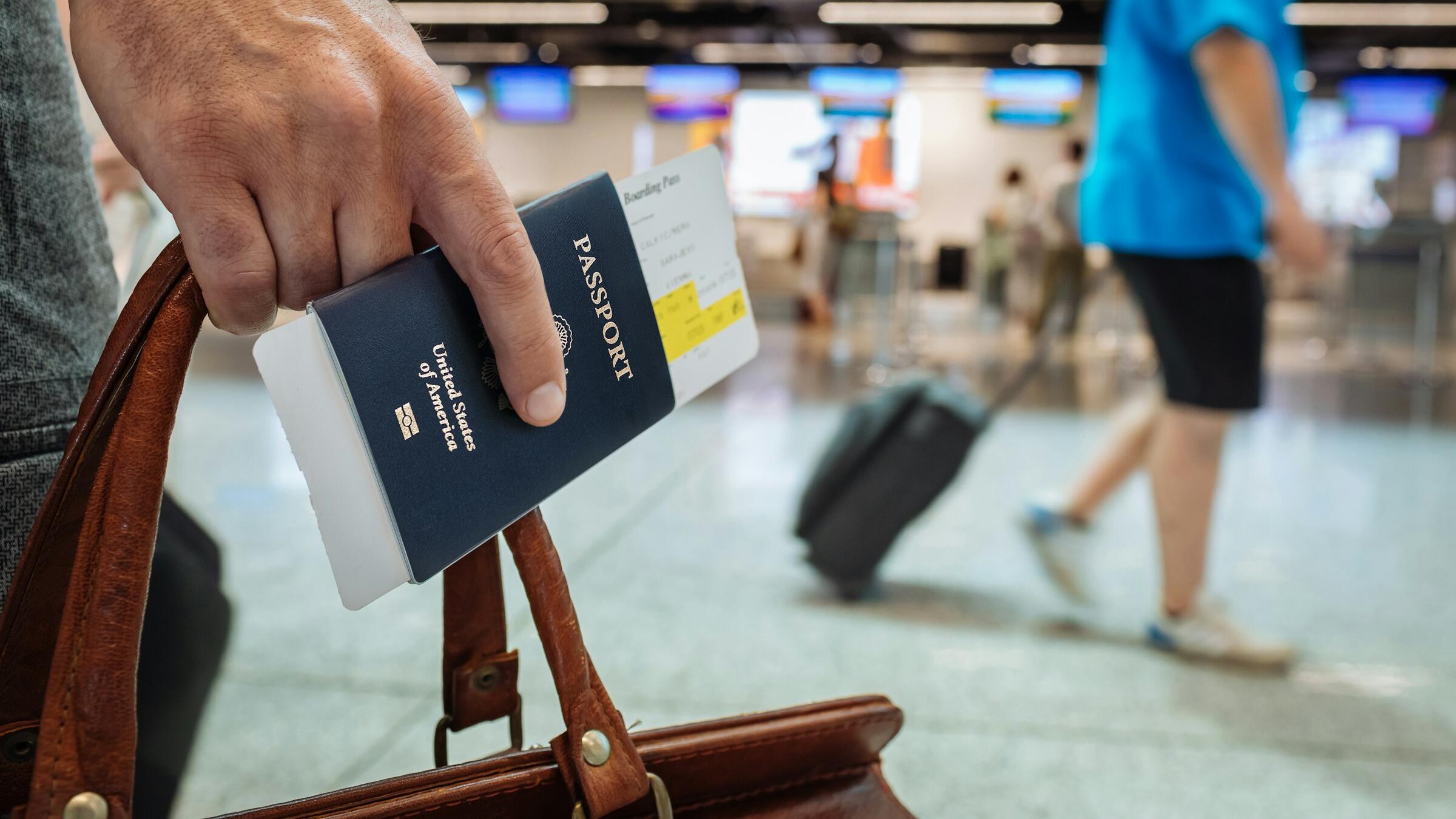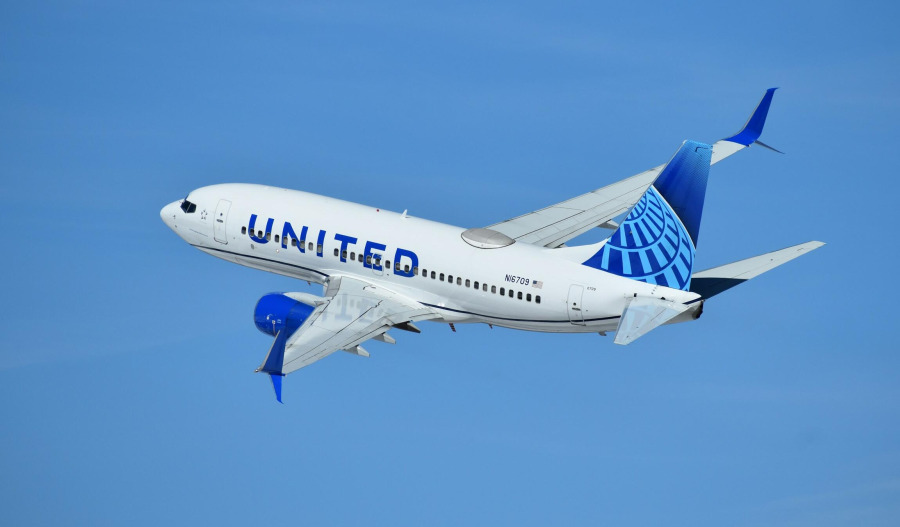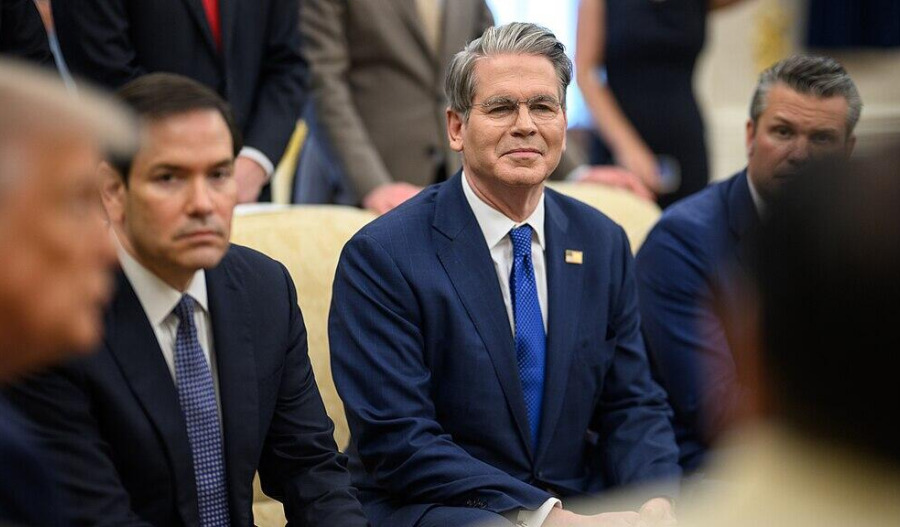Airlines in the United States are calling on Congress for air traffic to be paid as the government nears the one-month mark.
U.S. air traffic controllers from Delta Air Lines, United Airlines and American Airlines missed their first full paychecks earlier this week, with no end in sight to the government shutdown as Republican and Democratic senators remain at an impasse.
"Delta Air Lines implores Congress to immediately pass a clean continuing resolution to reopen the government so that our air traffic controllers, TSA and CBP officers charged with the safety and efficiency of our national airspace can collect the paychecks they deserve," a spokesperson for the airline said in an emailed statement to Business Insider.
Vice President JD Vance and Transportation Secretary Sean Duffy recently hosted a round table at the White House with Airlines for America, a lobby group whose members include Delta, United and American Airlines.
Airlines for America have urged Congress to “act with urgency” to reopen the government.
“Airlines remain focused on preserving safety and trying to mitigate the operational impacts of this shutdown,” the lobby group said in a media release.
“We are expecting a record holiday travel season; however, if the shutdown continues much longer, Americans will have to pack their patience and be prepared for more delays, unfortunately.”
Air traffic controllers and the Transportation Security Administration are essential employees who are expected to work through the shutdown, despite not receiving pay.
The government has been shut down for nearly 29 days, making it the second-longest shutdown in U.S. history. The longest shutdown lasted for 35 days and started in 2018 during President Donald Trump’s first term as president.
The most recent shutdown began when Republicans and Democrats failed to reach an agreement on extending the Affordable Care Act health insurance subsidies put forward by the Democrats.
The Congressional Budget Office estimated that a four-week shutdown would cost the economy US$7 billion by the end of 2026, a six-week shutdown would cost US$11 billion, and an eight-week shutdown would cost US$14 billion.
Related content



